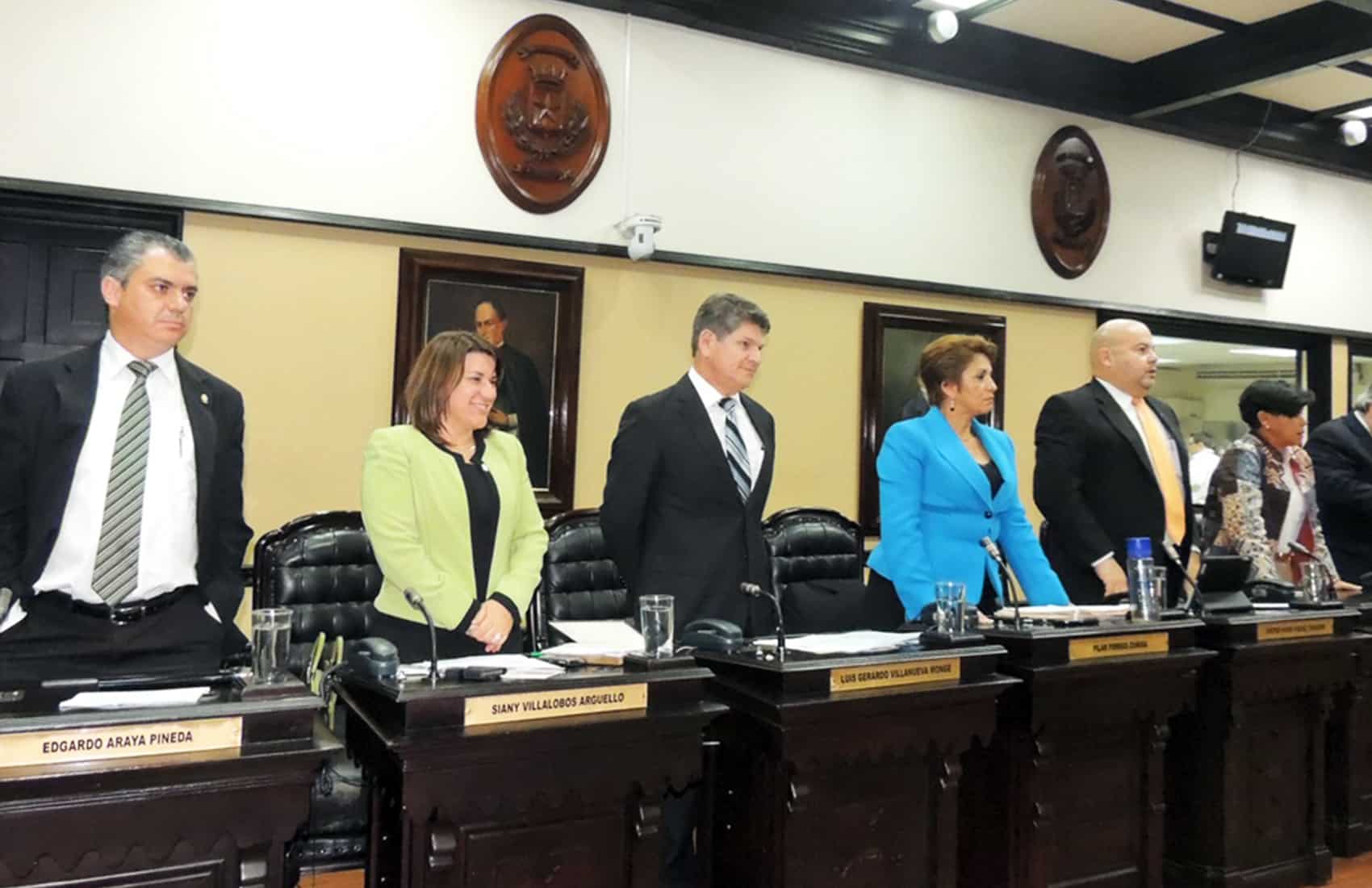The Legislative Assembly on Monday unanimously approved in a first-round debate the Donation and Transplantation of Human Organs and Tissues Bill, which would regulate all activity related to the collection and use of organs in Costa Rica, including donation, extraction, preparation, transportation, distribution and transplantation.
Social Christian Unity Party lawmaker Gloria Bejarano highlighted the new legislation’s provisions to discourage organ trafficking, as the bill would prohibit any form of remuneration for a human body part.
The country’s Penal Code already provides prison sentences of up to 16 years for convicted organ traffickers, but a reform submitted by Broad Front Party lawmaker and former presidential candidate José María Villalta includes punishment for those found guilty of promoting or inducing people to donate their organs. Those who advertise organ donation also could face prison.
In recent years, local and international media outlets have reported on people who offer to sell their organs in newspaper classified sections at prices of up to several millions of colones.
Last October, police arrested several suspected organ traffickers, including three doctors. Also in 2013, the Mexican daily El Universal published a story claiming Costa Rica had become a top destination for individuals in need of an organ transplant.
New regulations also would include expedited protocols to prevent potential organs from being unusable due to excessive bureaucracy. And the bill would create a national registry of both donors and recipients, and set specific procedures for organ transportation.
The bill was voted on after its approval by the legislative Social Affairs Commission.
A second and final round of debate could take place on Thursday.






